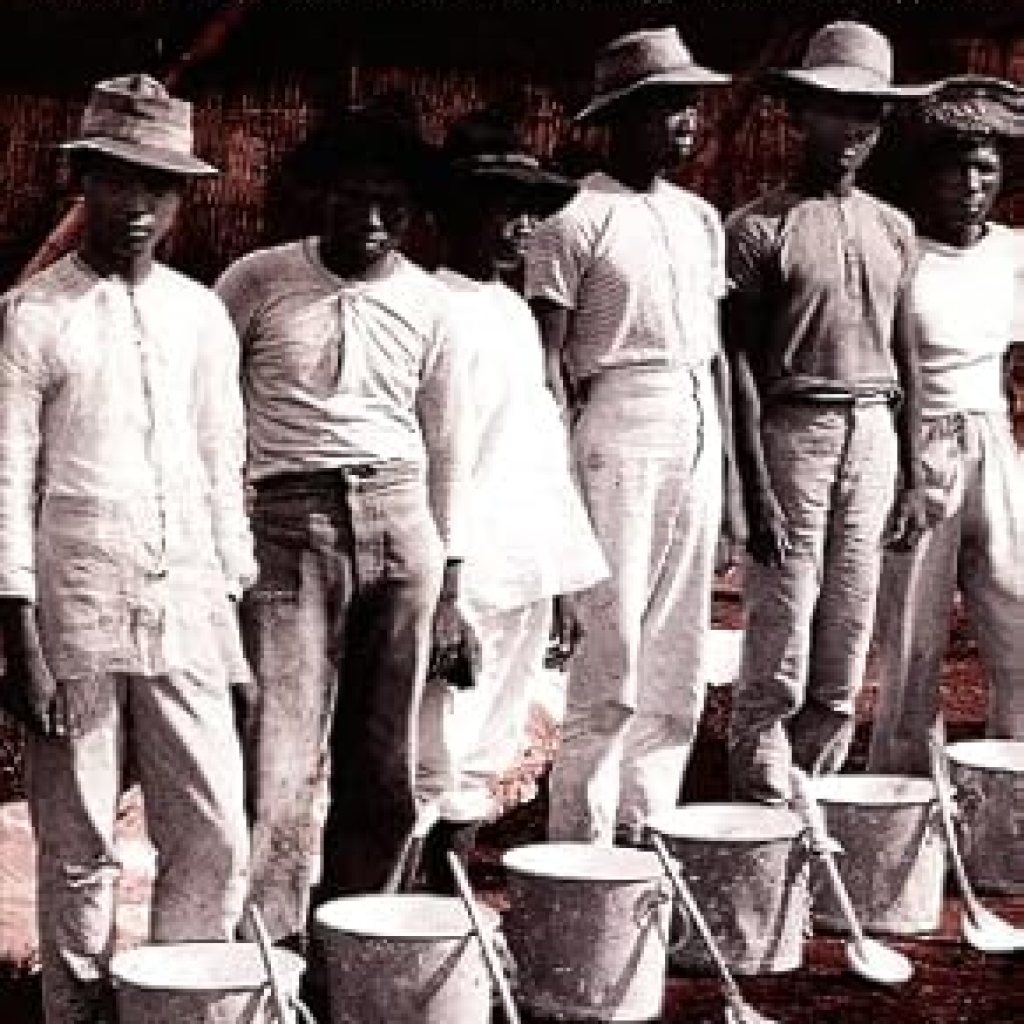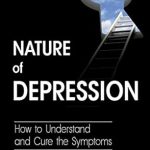If you’re fascinated by the intricate interplay of science, medicine, and colonial history, then *Colonial Pathologies: American Tropical Medicine, Race, and Hygiene in the Philippines* is a must-read. This compelling work by Warwick Anderson delves into the American colonization of the Philippines from 1898 to the 1930s, revealing how colonial powers navigated the challenges of a tropical environment while imposing their own notions of health and hygiene on the Filipino population. With a keen focus on the transformation of colonial medical practices and attitudes towards race, Anderson uncovers how perceptions of threat shifted from the environment to the very people they sought to control.
Anderson’s narrative paints a vivid picture of a colonial culture steeped in anxieties about health and masculinity, highlighting the lengths to which American authorities went to “civilize” a diverse, seven-million-strong population. Through engaging storytelling, *Colonial Pathologies* not only illuminates a pivotal chapter in history but also sheds light on the enduring impact of these colonial health initiatives on modern public health and racial dynamics. Don’t miss this opportunity to gain insights into a crucial aspect of American history that resonates to this day.
Colonial Pathologies: American Tropical Medicine, Race, and Hygiene in the Philippines
Why This Book Stands Out?
- Groundbreaking Historical Insight: Warwick Anderson offers a thorough examination of the intersections between science, medicine, and colonialism, providing a fresh perspective on American imperialism in the Philippines.
- Transformative Narrative: The book traces a pivotal shift in colonial medical thinking—from viewing the environment as the primary threat to recognizing the Filipino population as a source of contamination.
- Captivating Cultural Context: Anderson vividly portrays a colonial culture infused with anxieties of race and masculinity, making the historical analysis both engaging and relatable.
- Richly Detailed Case Studies: The examination of public health initiatives, including leprosy treatment and sanitation campaigns, reveals the complexities of colonial governance and its impact on local populations.
- Broader Implications: The book connects colonial public health practices to modern military medicine and urban health services, illustrating the lasting influence of these historical narratives.
- Interdisciplinary Approach: Combining history, sociology, and public health, Anderson’s work appeals to a wide range of readers interested in the nuances of colonialism and its legacies.
Personal Experience
Reading Colonial Pathologies: American Tropical Medicine, Race, and Hygiene in the Philippines has been nothing short of eye-opening for me. It’s not just a historical account; it’s a deep dive into how the intersection of science, race, and colonialism can shape societies and influence perceptions. As I turned the pages, I found myself reflecting on the complexities of history and how they resonate with ongoing conversations about race and health in our world today.
There were moments when I felt a profound connection to the struggles faced by the Filipino people, as described by Warwick Anderson. It made me think about the ways in which we often overlook the voices of marginalized communities in narratives of progress and civilization. Here are a few key insights that struck me personally:
- The Impact of Environment: Anderson discusses how colonizers initially viewed the tropical environment as a threat. I couldn’t help but relate this to contemporary issues surrounding climate change and its disproportionate effects on vulnerable populations. It made me ponder how our current environmental challenges might mirror historical fears and biases.
- Racial Perceptions: The book’s exploration of how colonial scientists came to view Filipinos as a “contaminated race” resonated with my understanding of racial stereotypes that persist today. It reminded me of the importance of questioning the narratives we encounter and understanding their historical roots.
- Public Health Initiatives: The public health campaigns aimed at reforming hygiene practices among Filipinos brought to mind modern public health efforts and the cultural sensitivities that must be navigated. It made me reflect on the importance of culturally informed approaches to health and wellness in our global society.
- Masculinity and Power: Anderson’s vivid portrayal of colonial masculinity and the anxieties tied to it led me to think about how gender dynamics play out in various contexts, including my own experiences. It was a poignant reminder of how power structures are often intertwined with notions of race and health.
Ultimately, this book invites us to engage with difficult topics and reflect on our own perspectives. It has sparked a desire in me to explore further, not just in terms of history, but also in understanding how these legacies continue to shape our world. Reading Colonial Pathologies was more than an academic exercise; it was a personal journey into the complexities of humanity.
Who Should Read This Book?
If you’re curious about the intersections of colonialism, medicine, and race, or if you have an interest in the history of the Philippines, then Colonial Pathologies: American Tropical Medicine, Race, and Hygiene in the Philippines is a must-read for you! This book is designed for a diverse audience, including:
- Students and Scholars: Whether you’re studying history, medicine, public health, or anthropology, this book offers rich insights and a compelling narrative that can enhance your understanding of colonial practices and their lasting impacts.
- Historians and Cultural Critics: If you’re focused on the dynamics of power, race, and scientific discourse, Anderson’s work provides a critical examination of how these elements shaped colonial policies and attitudes, making it an invaluable resource for your research.
- Public Health Professionals: Those working in public health will find unique perspectives on the historical roots of health initiatives and the social implications of hygiene practices. This context can inform your understanding of contemporary issues in health equity.
- Activists and Social Justice Advocates: Understanding the historical context of race and medicine can empower your work in advocating for marginalized communities. This book sheds light on the social constructs that continue to influence health disparities today.
- General Readers Interested in Colonial History: If you enjoy well-researched narratives that bring history to life, Anderson’s engaging prose makes complex topics accessible and thought-provoking.
Ultimately, Colonial Pathologies is not just a book about history; it’s a lens through which we can examine the legacy of colonialism and its implications for modern society. Dive in, and you’ll discover how the past continues to shape our understanding of race, health, and social justice today!
Colonial Pathologies: American Tropical Medicine, Race, and Hygiene in the Philippines
Key Takeaways
Colonial Pathologies offers a profound exploration of the intersections between science, medicine, and colonialism in the Philippines. Here are the most important insights and benefits readers can expect:
- Historical Context: Understand the historical backdrop of American colonization in the Philippines from 1898 to the 1930s, and how it shaped medical practices and public health initiatives.
- Transformation of Medical Perspectives: Discover how colonial doctors’ perceptions shifted from viewing the tropical environment as the main threat to focusing on microbial pathogens and the Filipino population as a source of contamination.
- Insights into Colonial Culture: Gain insight into the anxieties and assertive masculinity of American colonizers, reflected in their efforts to control and “civilize” the local population.
- Impact of Race on Health Policies: Explore how intertwined ideas about race influenced public health initiatives and personal hygiene reforms imposed on Filipinos.
- Legacy on Global Health: Learn about the lasting impacts of colonial public health practices on military medicine, urban health services in the U.S., and racialized development in other regions.
- Engaging Narrative: Enjoy a vivid and compelling narrative that captures the complexities of colonial health systems and their implications for both colonizers and the colonized.
Final Thoughts
Colonial Pathologies: American Tropical Medicine, Race, and Hygiene in the Philippines is an essential read for anyone interested in the intersections of colonialism, medicine, and race. Warwick Anderson meticulously uncovers the complex narrative of how American colonizers approached the health challenges posed by their tropical environment and the local population. Through his engaging storytelling, readers are invited to explore a critical historical period where scientific thought and racial ideologies were deeply intertwined.
This groundbreaking work not only sheds light on the treatment of Filipino people during the American colonization but also provides a broader understanding of how these colonial practices influenced public health initiatives and racialized policies worldwide. Anderson’s exploration of the anxieties surrounding white masculinity and the obsession with cleanliness offers a compelling lens through which to examine the legacies of colonialism that persist today.
- Uncovers the transformation in colonial medical practices and ideologies.
- Highlights the interplay of race, science, and medicine in the Philippines.
- Explores the implications for future public health and racial policies globally.
Adding Colonial Pathologies to your collection is not just about acquiring a book; it’s about engaging with a pivotal story that resonates across history and contemporary discourse. Don’t miss out on the opportunity to dive into this insightful narrative that challenges and enriches our understanding of colonial legacies.
Purchase Colonial Pathologies today and enrich your bookshelf with this vital exploration of history, medicine, and race.





